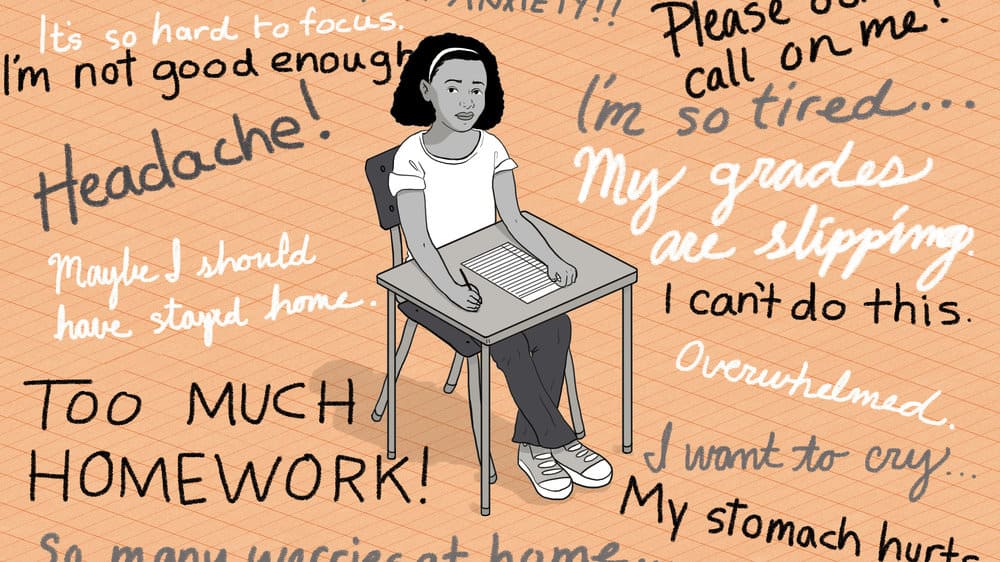Last month, the State Board of Education (SBE) approved a new policy to help improve mental health services for public school students in North Carolina. Mental and behavioral wellness is directly linked to overall positive student achievement, school climate, high school graduation rates, and the prevention of risky behaviors, disciplinary incidents, and substance abuse.
Complete implementation of this policy is critical. Research shows that in North Carolina, nearly 1 in 5 students will experience a mental health disorder in any given year. Of those students, 75 percent — or nearly 227,000 students — will NOT receive treatment. Suicide is the second leading cause of death among people age 10 to 24, and in North Carolina, the total number of youth suicides has doubled in recent years.
These disturbing statistics come from the School Mental Health Initiative (SMHI), a multi-disciplinary partnership of public educators, community-based mental health clinicians, lawyers, advocates, university faculty, and parents. Disability Rights NC was one of the participants. SMHI met regularly for more than two years, with a mission of developing recommendations for policy and/or legislative change to ensure that public school students in North Carolina have equitable access to a full continuum of high-quality and well-coordinated mental health services.
The group defines mental health services as services that:
- Promote healthy development of social, emotional, and/or behavioral functioning;
- Prevent problems with social, emotional, and/or behavioral functioning;
- Respond to students experiencing concerns or problems with social, emotional, and behavioral functioning; and
- Prevent and treat substance abuse.
The SBE policy is the product of collaboration by SMHI, the NC Department of Public Instruction, the North Carolina Association for Public Charter Schools, the North Carolina School Boards Association, State Board members, and others. It aligns with the SBE’s recent Whole School, Whole Community, Whole Child Resolution, and both documents reflect an understanding of the relationship between positive mental health and improved academic outcomes.
The cornerstone of the new policy is ensuring adequate mental health services are available to all public school students, regardless of where they live in our state. Many rural areas in North Carolina lack local mental health services. The new policy addresses that deficit by requiring each school system to “develop and implement a plan for assessing and improving upon the effectiveness of existing supports for the mental health and substance use needs of its student population.”
The policy specifies that each plan must address a continuum of mental health and substance abuse services that includes universal prevention; early intervention services; and referral, treatment, and re-entry as needed. The plans also must provide for stakeholder engagement that includes family involvement, and they have to be approved by the local governing board and reviewed at least every three years.
The success of the policy hinges on another key requirement: training for all school personnel in mental health and substance abuse awareness within the first six months of employment, at no cost to school systems. Under the policy, DPI must create and help implement the training, including providing face-to-face and online content, technical assistance, and materials. Refresher trainings are required every three years after the initial training, with school systems permitted to determine the length, content, level, and presentation method for those sessions. School plans may waive the initial training requirement for a new employee already trained in another school district within the previous twelve months. The policy requirements take effect in various stages beginning with the 2017-2018 school year and no later than the 2019-2020 school year.
This new policy will empower schools to address a primary barrier to the success of many students—the lack of mental health care for children. Just as we have recognized as a nation that we can’t expect students to do well in school when they are hungry, we also can’t expect them to focus on their lessons when they are struggling to understand and overcome their own mental health challenges.
The full implementation of this policy will give each public school student in North Carolina a much better chance of having a healthy childhood, becoming a successful student, and growing into a productive member of his or her community.
Recommended reading




